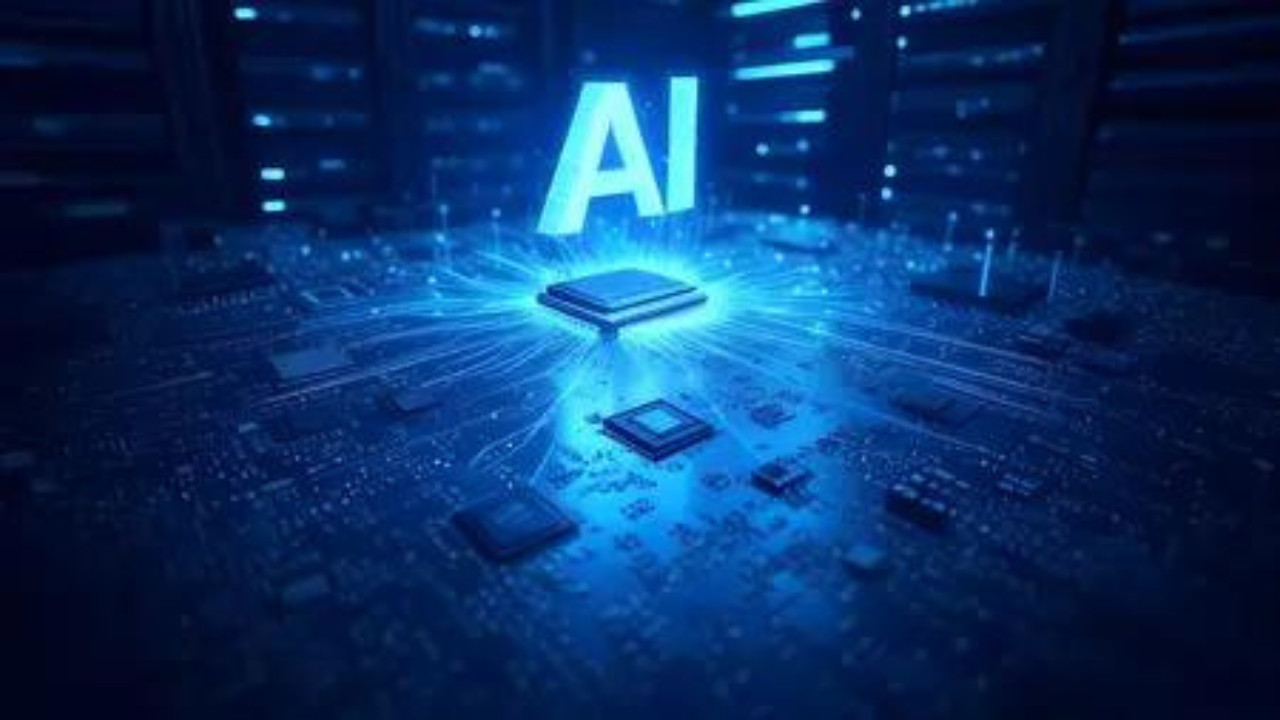Zoho cofounder Sridhar Vembu argues that the primary concern with AI and automation isn’t job loss, but equitable wealth distribution. He envisions two potential solutions: drastically reduced costs of goods or increased compensation for human-centric roles. Vembu stresses the importance of regulatory oversight to prevent monopolies and ensure automation benefits are widely shared.
The AI Job Apocalypse? Zoho’s Sridhar Vembu Thinks We’re Looking at the Wrong Threat.
Okay, let’s talk about AI. Specifically, let’s talk about the incessant buzz surrounding its potential to steal our jobs. I’m not going to lie, a part of me gets the jitters too. We’re constantly bombarded with headlines predicting mass unemployment as robots and algorithms take over. But then you hear a voice of reason, a perspective that cuts through the noise and offers a different, perhaps more nuanced, take. This time, that voice belongs to Sridhar Vembu, the founder and CEO of Zoho.
Vembu, a name synonymous with building a global tech powerhouse from rural India, isn’t dismissing the impact of AI. He’s just suggesting that we’re fixating on the wrong part of the problem. He argues that the real threat isn’t the loss of jobs per se, but the widening chasm of economic inequality that AI (and technology in general) could exacerbate.
Think about it. We’ve seen technological revolutions before. The industrial revolution, for example, automated many manual tasks, leading to job losses in some sectors. However, it also created entirely new industries and opportunities, ultimately leading to overall economic growth and, eventually, a better standard of living for many. The key phrase here is “eventually.”
Vembu’s concern, and one I wholeheartedly share, is that this technological revolution, fueled by AI, could play out very differently. The gains from AI, the increased productivity and efficiency, could be disproportionately concentrated in the hands of a few, leaving the vast majority struggling to keep up. Imagine a world where a handful of tech giants control the AI-powered automation that drives entire industries. They rake in unprecedented profits while millions are relegated to low-paying, precarious gigs, or worse, become entirely redundant. That’s a dystopia nobody wants.
He’s not advocating for Luddism, mind you. He’s not suggesting we smash the machines and resist progress. He’s calling for a fundamental shift in how we think about economic distribution in an AI-driven world. He suggests that the conversation needs to move beyond simply lamenting job losses and towards actively shaping a future where the benefits of AI are more equitably shared.
So, what does that look like in practice? That’s the million-dollar question, isn’t it?
Vembu touches on a few crucial points. He emphasizes the importance of investing in education and skills training to prepare people for the jobs of the future, the jobs that will require collaboration with AI, not competition against it. This isn’t just about learning to code, but about developing critical thinking skills, creativity, and adaptability – the very qualities that AI struggles to replicate.
He also highlights the need to re-evaluate our economic models and consider alternative approaches to wealth creation and distribution. This might involve exploring concepts like universal basic income, rethinking taxation policies, or promoting employee ownership and profit-sharing models. These are not easy answers, and they will likely spark fierce debate, but ignoring them simply isn’t an option.
Beyond formal policies, there’s also a need for a fundamental change in mindset. We need to move away from the relentless pursuit of profit maximization at all costs and towards a more human-centered approach to technology development. This means prioritizing ethical considerations, focusing on creating solutions that benefit society as a whole, and actively working to mitigate the potential negative consequences of AI.
Zoho itself, I believe, serves as a compelling example of this philosophy in action. Their commitment to building a global company from rural India, their focus on employee well-being, and their dedication to reinvesting in the communities where they operate all point to a more responsible and sustainable approach to business. They’re proving that it’s possible to build a successful tech company without sacrificing social responsibility or contributing to economic inequality.
Ultimately, the future of work in the age of AI is not predetermined. It’s a future we are actively shaping through our choices and actions today. We can choose to blindly follow the path of unchecked technological advancement, potentially leading to a dystopian future of vast economic inequality. Or, we can choose to be more proactive, more thoughtful, and more committed to creating a future where AI serves humanity, not the other way around.
Vembu’s perspective is a much-needed dose of reality in a world filled with alarmist rhetoric. Let’s focus on the real issue: ensuring that the benefits of AI are shared by all, not just a select few. That’s the challenge we need to tackle, and it’s a challenge that requires a collective effort from governments, businesses, and individuals alike. Now is the time to think critically and act decisively, before the future of work becomes a future we regret.
📬 Stay informed — follow us for more insightful updates!







